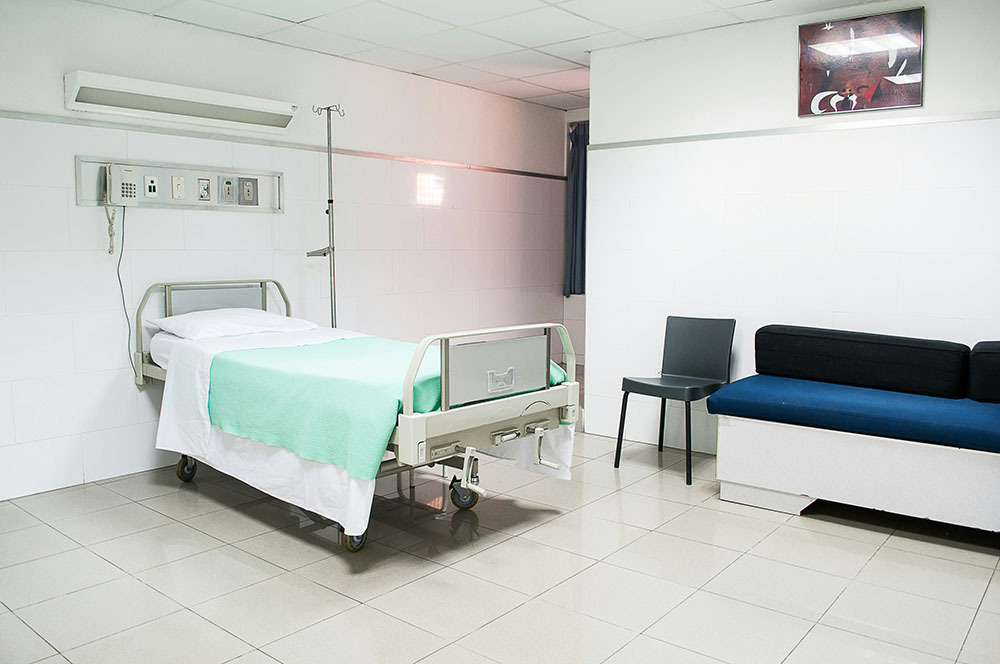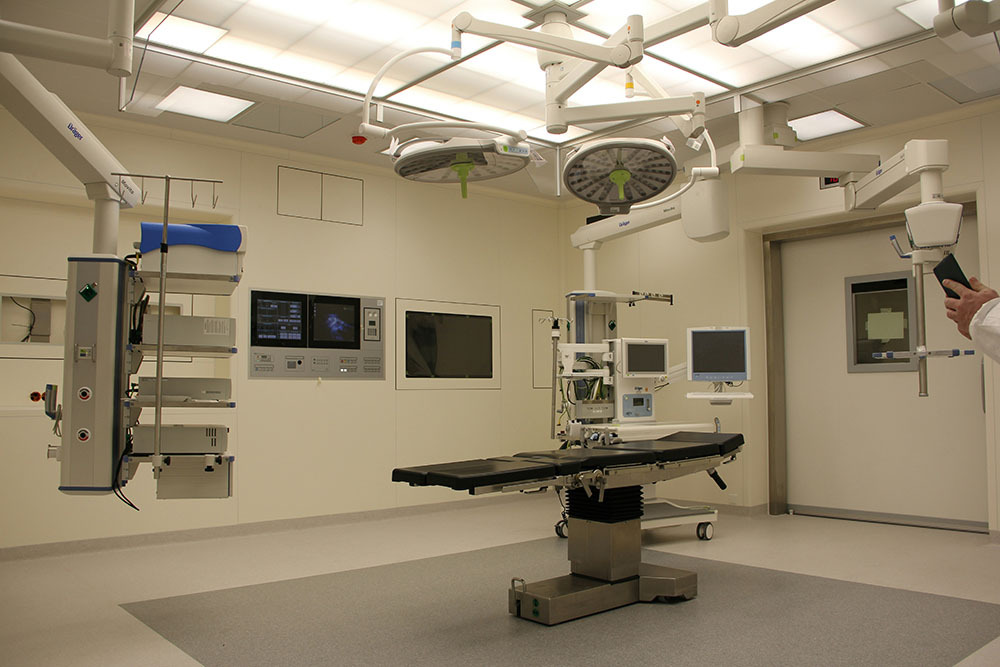
Best Practices for Choosing a Hospital for Lung Cancer Treatment
Here's how to find the best lung cancer hospital.
The process of selecting the appropriate hospital to attend is a very important decision.
When considering the various programs, several general criteria should be considered to obtain the highest quality of treatment.
This guide will act as a checklist for what one should consider when choosing a hospital for lung cancer treatment, and hence, it will help you choose the best hospital for lung cancer.
Understanding Lung Cancer Treatment
The treatment of Lung cancer entails surgery, chemotherapy, radiotherapy, immunotherapy, and targeted therapy.
The best hospitals for lung cancer treatment will include all these services, equipment support, cutting-edge equipment, and research trials, among other features.
They have to be considered here when assessing the capacity of a hospital to deliver excellent care.

1. Multidisciplinary Care Teams
Another sign of quality care for lung cancer patients in a hospital is providing a care team of qualified professionals.
This team may include thoracic surgeons, medical oncologists, radiation oncologists, pulmonologists, and pathologists.
This way, specialists can discuss and create an individual program for you based on the type and stage of lung cancer.
Why It Matters: Lung cancer treatment can be quite comprehensive since the disease has various aspects, thus involving several practitioners.
A good example is when a hospital has a very strong team of professionals in different specialties. All aspects of treatment are considered well, resulting in far better results.
2. Access to Advanced Technology
Another fundamental aspect to consider when deciding where to seek lung cancer treatment is the advanced technology available in the hospital.
This means that modern technologies like robotic-assisted surgery, proton therapy, and specific imaging techniques influence treatment results.
Key Technologies to Look For
- Robotic Surgery: Gives more accuracy in eradicating lesions, specifically those located in confined, loco-regional spaces.
- Proton Therapy: A variation on radiation therapy that focuses on cancer cells, rather than the area containing the tumor, to minimize harm done to normal tissue.
- Advanced Imaging: Techniques such as PET-CT scans produce images that aid in the right diagnosis and treatment planning.
Why It Matters: Health facilities that employ modern technology can provide the best treatment with minimal side effects and a short recovery period.
3. Comprehensive Cancer Centers
Consider whether the hospital is an NCI-designated comprehensive cancer center. Such centers are regarded for their high standards in cancer treatment and research.
They not only offer quality treatment services but are also in the process of researching better drugs and treatment procedures.
Why It Matters: Accredited comprehensive cancer centers include clinical trials, new therapies, and various patient services.
Lung cancer treatment in one of these centers may open new opportunities for you to receive the most state-of-the-art treatment possible.

4. Clinical Trials Availability
Lung cancer treatment is often reliant on taking part in clinical trials in situations where standard interventions are not effective.
Several hospitals also conduct many clinical trials, which give patients access to new treatments that may still be in the development phase.
Why It Matters: In bench-to-clinic scales, new treatments also raise the prospects of improving the prognosis of hefty lung cancer patients or those with poor treatment outcomes.
Due to the enhanced programs in clinical trials, hospitals with strong clinical trial portfolios are on the frontline in developing new therapies.
5. Support Services
Lung cancer treatment involves medical procedures as well as emotional and psychological support.
The best hospitals offer comprehensive support services, including counseling, nutritional advice, pain management, and rehabilitation services.
Why It Matters: Dealing with lung cancer can be overwhelming, and having access to support services can make a significant difference in your overall well-being and quality of life during treatment.
6. Hospital Accreditation and Reputation
Accreditation by reputable organizations, such as the Joint Commission or the American College of Surgeons, strongly indicates a hospital’s commitment to quality care.
Additionally, a hospital’s reputation, including patient reviews and testimonials, can provide insight into the experiences of others who have received treatment there.
Why It Matters: Accredited hospitals are regularly evaluated for their quality of care, patient safety, and treatment outcomes.
A hospital with a solid reputation will likely provide high-quality lung cancer treatment.
7. Patient-Centered Care
Patient-centered care is crucial to any hospital’s approach to lung cancer treatment.
This involves treating patients with respect, ensuring clear communication, and involving patients in decisions about their care.
Hospitals prioritizing patient-centered care will likely provide patients with a more comfortable and supportive environment.
Why It Matters: Your overall treatment experience will likely be more positive when you feel heard and respected.
Hospitals focusing on patient-centered care often achieve better treatment outcomes and higher patient satisfaction.
Conclusion
Selecting the best hospital for lung cancer treatment involves considering several factors, including the availability of multidisciplinary care, advanced technology, and comprehensive support services.
By focusing on these elements, you can make an informed decision that enhances your chances of successful treatment and a positive outcome.
Remember, your choice of hospital can have a profound impact on your journey with lung cancer, so take the time to research and choose the best option for your needs.











